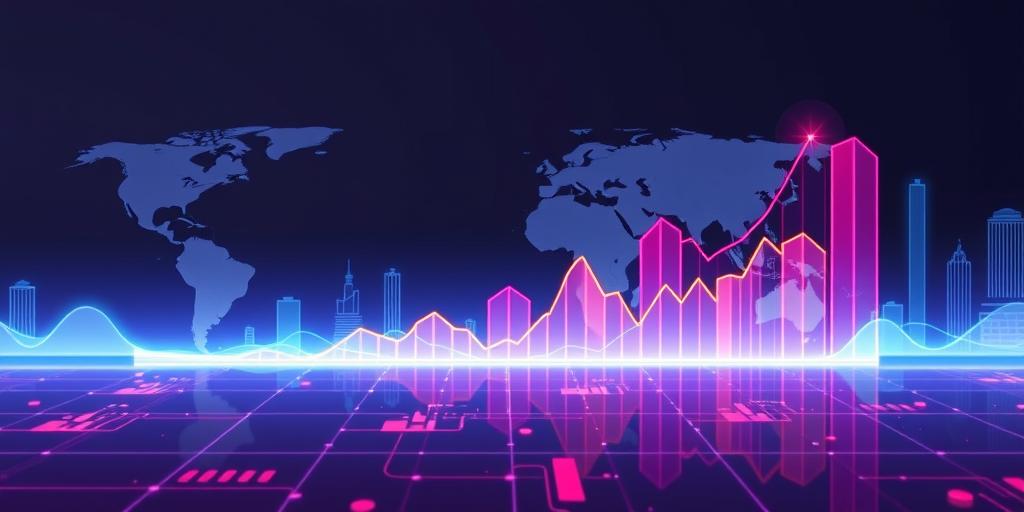Hey everyone! Let's dive into the fascinating world of innovation economics and global R&D spending. It's a wild ride, I promise.
First off, what even is innovation economics? It's basically the study of how new ideas and technologies are created, spread, and impact the economy. Think new gadgets, medical breakthroughs, even better ways to grow potatoes – it's all in there. We're talking about the money side of progress, you know? How much do companies invest in research and development (R&D)? How does that translate into economic growth? It's way more complex than you'd think.
Globally, R&D spending is HUGE. We're talking trillions of dollars each year. The biggest players are usually the US, China, and several European countries. But the distribution isn't even – some countries invest a larger percentage of their GDP in R&D than others. Why is that? Is it a matter of government policy? Cultural factors? A combination of both? It's a puzzle with many pieces.
One thing that's clear is that innovation is a key driver of economic growth. Countries that invest heavily in R&D tend to see higher rates of economic growth and improved living standards. But it’s not a simple cause-and-effect relationship. There's a lot of nuance there – sometimes, big R&D investments don't always translate into immediate economic wins. It’s a long-term game, and sometimes the payoff is unpredictable.
Another interesting aspect is the role of government in all this. Governments play a huge role in funding R&D, either directly through grants or indirectly through tax breaks and incentives. They also influence the direction of innovation through regulations and policies. It's a delicate balancing act – too much intervention can stifle innovation, too little can lead to underinvestment. It's a constant push and pull.
So, what's the takeaway? Innovation and R&D spending are crucial for long-term economic prosperity. But it's a complex system with lots of moving parts. Understanding the economics of innovation is crucial for policymakers, businesses, and anyone interested in shaping a better future. There's still so much to learn and explore.
Have you tried to understand this complex topic? Would love to hear your take!




